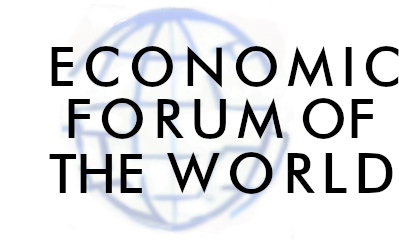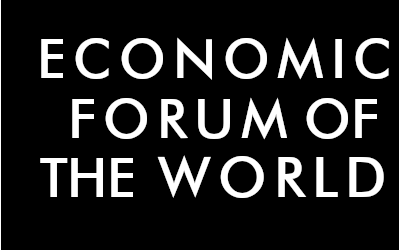I asked ChatGPT about Fascism, Socialism, Capitalism, And Communism. I entered this query and received the reply quoted below:
Define the terms: Fascism, Socialism, Capitalism, And Communism. Compare and contrast these terms giving examples of each both historically and in modern times. How are various characteristics of these similar to the other? How are they different? In what ways could different pairings of these be considered opposites, and in what ways and pairings might they be seen as similar but differing in intensity?
Fascism: A political ideology characterized by extreme nationalism, dictatorship, and a focus on the power of the state over the individual.
It often includes suppression of political opposition, control over the media and corporations, and glorification of the military.
Historical examples include Nazi Germany under Hitler and Fascist Italy under Mussolini.
Socialism: A political and economic ideology that advocates for collective ownership of the means of production and distribution of goods and services.
It aims to reduce wealth inequality and provide equal access to resources and opportunities.
Historical examples include the Soviet Union and various Eastern European states during the 20th century.
Communism: A political and economic ideology that aims to create a classless society by eliminating private ownership of property and the means of production.
It calls for the establishment of a single party state to control the means of production and distribution of goods and services in the interest of the working class.
Historical examples include the Soviet Union and China.
Capitalism: An economic system based on private ownership of the means of production and the creation of goods and services for profit.
It is characterized by a market-based economy, competition, and the freedom to buy and sell goods and services.
Historical examples include the United States and Britain.
In terms of similarities, all these ideologies aim to create a more equitable and efficient economic system.
However, they differ in their approach and the degree to which they prioritize individual freedoms and the role of the state.
Fascism and capitalism can be seen as opposites as fascism prioritizes the power of the state over individual freedoms and the economy, while capitalism prioritizes individual freedoms and a market-based economy.
Socialism and communism are similar in their aims to reduce wealth inequality and provide equal access to resources, but communism is more extreme in its call for the elimination of private property.
Fascism, socialism, and communism are similar in the sense that they prioritize the role of the state in the economy and aim to reduce wealth inequality.
However, they differ in their approach, with fascism prioritizing extreme nationalism and dictatorship, socialism advocating for collective ownership, and communism calling for the elimination of private property.





